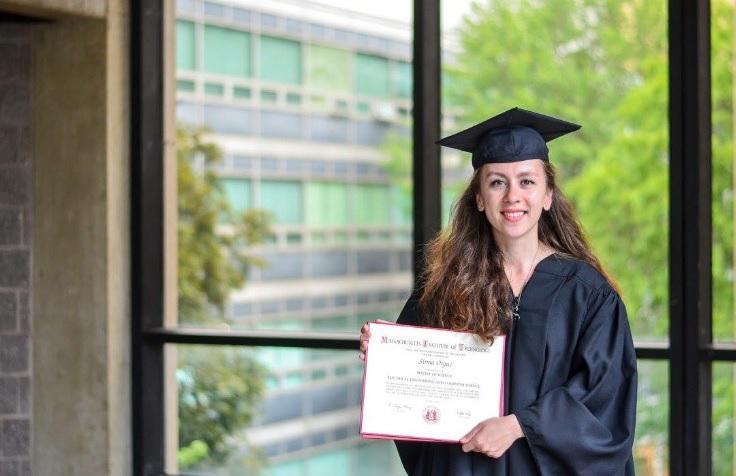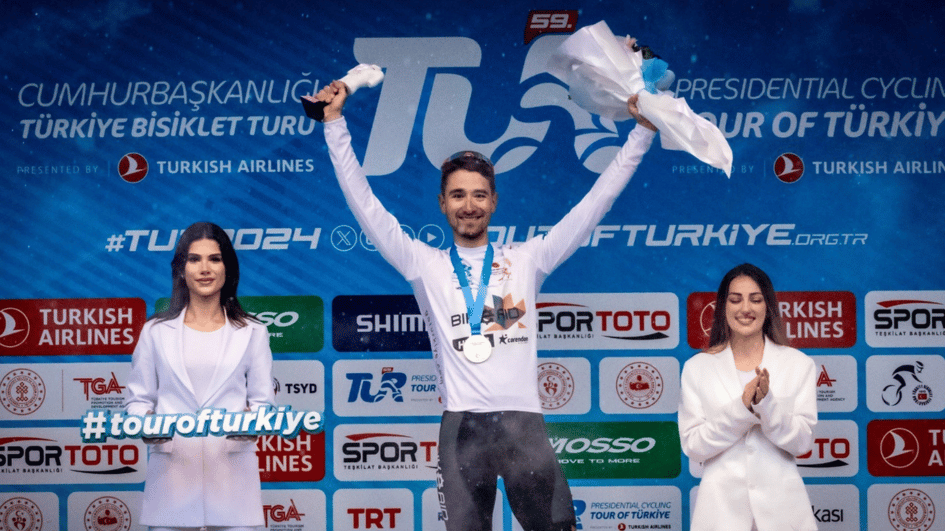Turkish scientist Sırma Örgüç named 2021 Schmidt Science Fellow
Hazal Özcan – ANKARA

Turkish scientist Sırma Örgüç from the Massachusetts Institute of Technology (MIT) has been selected as one of the 2021 Schmidt Science Fellows.
Born and raised in Turkey, Örgüç studied electrical and electronics engineering at Middle East Technical University (METU), after which she completed her graduate and post-graduate education at MIT.
The bright scientist told Hürriyet Daily News that even though she completed her Ph.D. in electrical and electronics engineering, the projects she carried out were nearly all related to biomedical and neuroscience applications.
“The focus of all these projects was on how to make them more energy-efficient and how to reduce the size or increase computational efficiency. My Ph.D. projects were to design smart biomedical and neuro systems that are as small as possible, as light as possible, and have a longer battery life as long as possible, while people wear these systems in the future,” she said.
One of these projects, Örgüç said, was a design of an electronic system that could read signals from facial muscles and understand these signals and know what moves one’s face will make at any moment. Another neuroscience project she had undertaken entailed the control of movements of the subjects by stimulating their brain with light.
“Using light instead of an electronic stimulation provided a great efficiency for our system,” she said.
The pandemic also steered her research last year when she was still studying as a student at her university. During the shortage of N95 masks, she collaborated with the department of material engineering and designed a mask as efficient as the N95 masks. As Örgüç’s expertise is electronics engineering, she also included electronic sensors in the masks.
“When COVID first started, there were many questions that needed to be answered on the adequacy of these masks,” she said.
“The sensors we’ve put in the masks controlled the temperature, humidity and oxygen levels of the place while also constantly inform the person on when to change their mask’s filter,” Örgüç said.
Noting that all of her projects were for people and their needs, the scientist said that during her post-doctoral research, she wanted to understand more about the neuroscience side of the projects.
“That’s why I wanted to change branches and shift to computational neuroscience to design algorithms that can simplify this complex working mechanism of the brain,” she said.
Örgüç also mentioned scientists that she is working with, who are also interested in and are working on interdisciplinary projects, such as Emery Brown from MIT. Brown is a statistician, neuroscientist and anesthesiologist, working on a range of topics related to the brain, from sleep to feeling pain.
When asked if she would want to continue her studies in Turkey, the scientist said that she always intended to return to her country, but the research projects she wishes to undertake were very rare across the world.
“Even in the U.S., you are not able to carry out these projects in many places. But why not do it [in Turkey] when there are necessary means?” she said.
Schmidt Science Fellows is a program of Schmidt Futures, which is delivered in partnership with the Rhodes Trust. It is a postdoctoral fellowship program bringing scientists from different areas together.
















